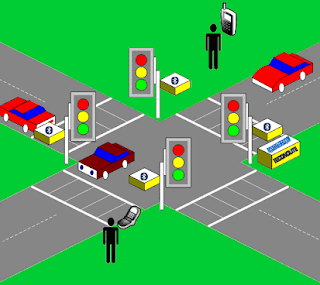The image below is the drawing I did of the
Ifoundry system. I don't know much about all the other components of
Ifoundry besides
iefx. In the system I connected
ifoundry with
iefx which has two components, class and
iteams. For class, which is ENG 198, this system split into two different components, lecture and labs. In lectures we learn about Goldberg's missing basics. In lab we do two projects. I noticed that we often give feedback and bring up topics from lectures into labs and vise
verse. Lectures and labs, also help in our
iteams. What we learn in class helps in what we do in our
iteams. Feedback from lecture and labs help in developing what we want to accomplish in our
iteams. There is also feedback from class that goes to
ifoundry in order to make
ifoundry better. This might have unintended
consequences because what our class might think is bad/good, other students in the future might disagree with us.

I also connected
ifoundry with
icommunity.
Icommunity is what
iefx goes to every
Thursday in order to become more connected to the community.
Icommunity gives visitor speakers that speak about various topics. I then connected the visitor speakers to building networks. Building networks is what connects most of the aspects of the
ifoundry system.
iteams help in building networks, conferences that
ifoundry does help in building networks, and the
visitor speakers at
icommunity help in building network. This was a surprising revelation to me
because I never thought of all the connections I was making while being in
iefx. This is a good unintended
consequence in that everything that happens in
Ifoundry somehow connects to building networks or connections. Every action that happens in the
iteams relates to how we view the class, for example if we have a great insight into a project we are doing and this insight is further helped in what we are learning in class, we might start paying more attention to what we are learning in class and view class in a new light. A light in which the class helps in the various projects we want to
contribute. The system of
ifoundry is complex, with conferences,
iefx,
icommunity, and other various connections and events connected to the system that is
ifoundry.
Ifoundry is a system in
which everything
feedbacks onto each other. Class in
iefx feedback into
iteams, conferences,
icommunity, and to
ifoundry again with the feedback forms of how to improve the class. Every aspect in the system of
ifoundry helps in building connections, networks, and learning more about ourselves through the
iteams, class,
icommunity, and other events.
Ifoundry feedbacks on itself and ultimately outputs good actions in the community that is
iefx.


